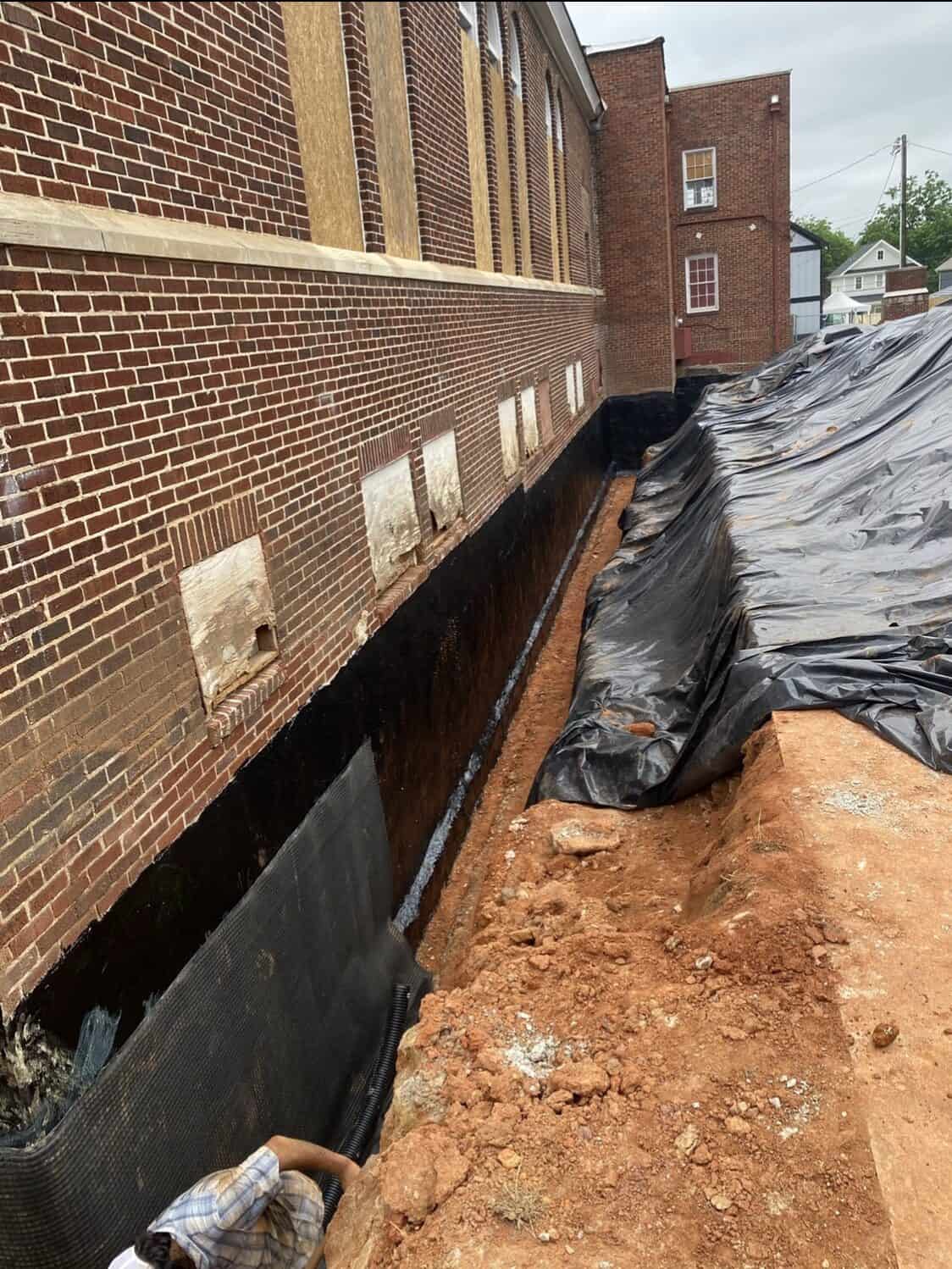Best Time to Waterproof Your Home
Owning a home is a significant investment, and protecting it from the elements is crucial for its longevity. Waterproofing is a proactive measure that can save you from potential headaches and costly repairs down the line. In this blog post, we’ll explore when the best time is to waterproof your home to ensure it remains a safe and secure haven.
1. Preventive Measures: The Sooner, the Better
They say prevention is better than cure, and the same holds true for waterproofing your home. Ideally, the best time to waterproof is before issues arise. As a part of routine home maintenance, consider waterproofing as a preventive measure rather than a reactive one. This proactive approach can save you from dealing with water damage and its associated consequences.
2. Construction or Renovation Projects: An Opportune Moment
If you’re planning a construction project or a renovation, seize the opportunity to integrate waterproofing measures. This is particularly relevant for basements, foundations, and roofs. By incorporating waterproofing into your project, you create a robust defense against potential water infiltration, ensuring the structural integrity of your home for years to come.
3. Seasonal Considerations: Spring and Fall
While waterproofing can be done throughout the year, spring and fall are often considered optimal seasons for this task. During these transitional periods, the weather is generally milder, allowing for a more comfortable working environment for contractors. Additionally, these seasons provide a good opportunity to assess any potential winter damage and fortify your home against the upcoming rainy season.
4. Before the Rainy Season: Be Prepared
If your region experiences distinct rainy seasons, it’s wise to waterproof your home before the deluge begins. This ensures that your home is well-protected when the skies open up. Addressing potential vulnerabilities, such as leaky roofs or compromised foundations, ahead of time can save you from dealing with water-related issues during the peak of the rainy season.
5. Following Water Incidents: Learn and Act
If your home has experienced water-related incidents, such as flooding or leaks, it’s a clear sign that immediate action is needed. In such cases, the best time to waterproof is as soon as possible after the incident. Addressing the root cause promptly prevents further damage and protects your home from potential mold growth, structural issues, and other water-related complications.
6. Pre-Sale Preparation: Increase Property Value
If you’re considering selling your home, waterproofing can be a valuable pre-sale investment. Potential buyers are likely to appreciate a home that has been well-maintained and fortified against water damage. This can increase the overall appeal of your property and potentially lead to a higher resale value.
7. Annual Check-ups: A Habit Worth Adopting
Making waterproofing a part of your annual home check-up routine is a wise habit. Regular inspections, especially before significant weather changes, allow you to catch and address potential issues before they escalate. This consistent approach to home maintenance can save you both time and money in the long run.
In conclusion, the best time is not a one-size-fits-all answer. It depends on various factors, including the weather patterns in your region, the condition of your home, and your long-term plans. However, adopting a proactive approach, integrating waterproofing into construction or renovation projects, and considering seasonal factors can guide you in determining the optimal timing for safeguarding your home against water damage. Remember, when it comes to protecting your home, prevention is key.


